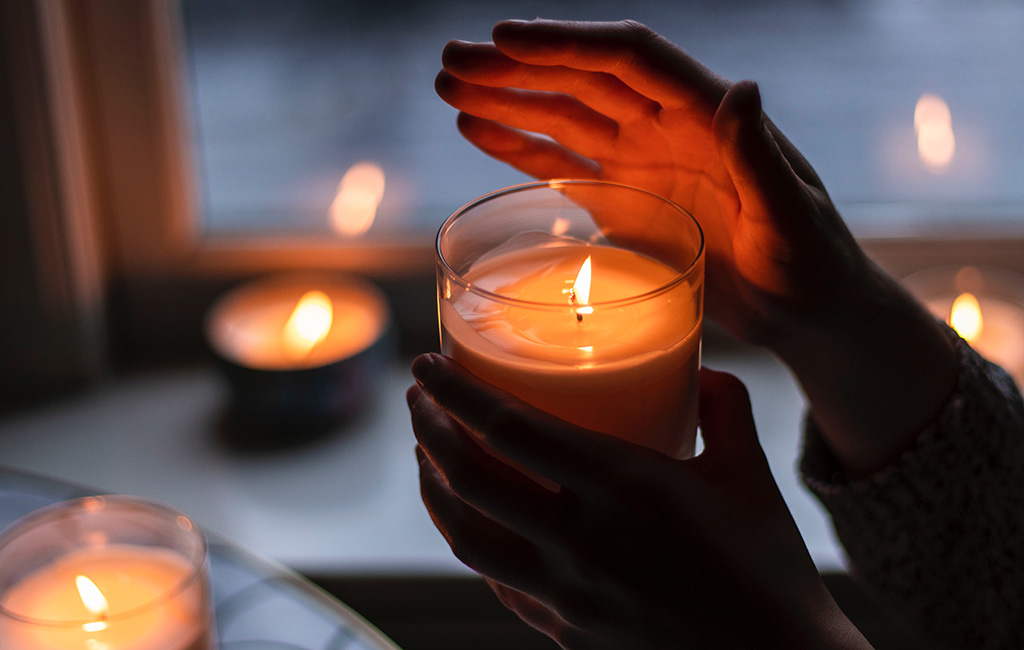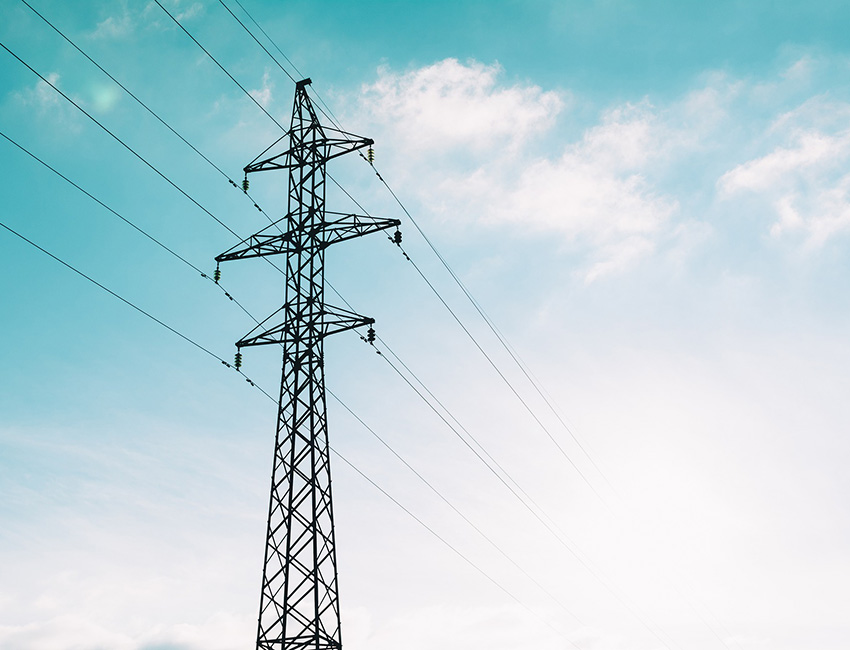Next year, Elisa will become the internet and cable TV provider for VAV.

How to prepare for power outages
02.01.2023News
At worst, electricity shortages can lead to power outages. We have compiled a comprehensive list of outage durations for which you should prepare.
An electricity shortage is a situation in which more electricity is used than is available. When an electricity shortage strikes, it may be necessary to implement planned power outages to maintain the balance of the electrical system. Electricity companies always try to inform residents about these in advance. Sometimes a power outage can also occur unexpectedly.
Planned power outages will last for about two hours at a time and will be rotated between customers. Controlled outages aim to avoid a nationwide black-out.
You can decrease the risk of electricity shortages by reducing your own electricity consumption, especially during peak hours. Electricity consumption is particularly high in the mornings and early evenings.
How to prepare for a power outage
- Plan and prepare in advance
Make a plan on what to do if the electricity goes out for two hours, for example. - Maintain an emergency food supply
According to general instructions, in the event of a disturbance, everyone should be able to manage on their own for at least 72 hours. Do you have enough food and water? Instructions on how to prepare. - Keep your phone and other devices charged
Purchase a few backup power sources and keep them charged. Also make sure that you have a torch, radio and batteries at home. - Follow communications
Check your own electricity company’s announcements. Make sure that you have enabled SMS alerts from your electricity company. Follow the news and instructions given by the authorities. - When you leave your home empty, be smart
When leaving home for a longer period, leave things in such a state that a short power outage does not harm them. - Avoid using the elevator during major power outages
If the media or electricity company have warned of a high risk of electricity shortages, don’t use the elevator.

A longer power outage is not always caused by an electricity shortage, but may be the result of a device failure instead.
What to do during a power outage
- Stay calm
Professionals are controlling the situation. The measures during power outages have been planned and practised in advance. - Turn off any remaining electrical appliances
Such as stoves, coffee makers, and irons. Turn off the washing machine and close the water tap. You can leave the lights on in one room so you’ll notice when the power comes back on. - Avoid opening the refrigerator and freezer
This will prevent food warming up. The freezer will not defrost in two hours if you keep it closed. - Avoid opening windows and exterior doors
The apartment will stay warm when cold air is not let into the apartment. - You can use water
In the Helsinki Metropolitan Area, water comes from the tap even during a power outage, but the water pressure may be reduced. A power outage doesn’t affect water quality. - Do not drain water into the sewer
Sewers work only partially during a power outage. For example, use a bucket under the tap if you need to drain water from the tap. Hand laundry can wait until the outage is over, and it’s also good to avoid showers and baths during that time. - Avoid flushing the toilet
Without electricity, waste water may not be pumped towards the water treatment plant. This can lead to waste water overflowing into the ground or watercourse. - Avoid unnecessary phone calls
The electricity company does not need to be contacted in the event of outages related to a power shortage. The power grid company informs customers about the situation. Avoid unnecessary phone calls to emergency services, for example. - Avoid the elevators
If you’re stuck in an elevator, call for help according to the instructions in the elevator. The most important thing is to stay calm. Elevators are designed to provide enough oxygen. Elevator doors can also be opened mechanically.
What to do after a power outage
- Don’t turn on all electrical appliances at once
The power shortage may still be ongoing, and a sudden consumption peak can harm the power grid. - Check electrical appliances
Make sure that the stove or iron, for example, was not left on when the power outage started. - Carefully drain water
After a power outage, be careful when draining hot water from the tap or shower. Due to the power outage, the water temperature may vary.
Article sources:
Finnish Energy Questions and answers on electricity shortages
